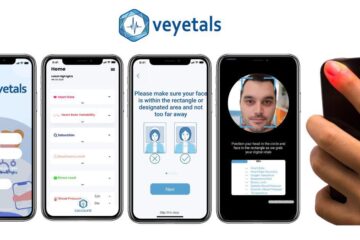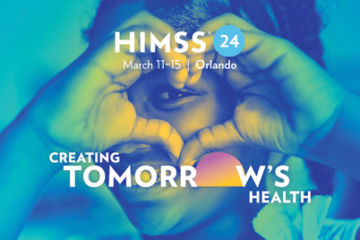Image Credit: Canva
It’s no surprise that, as technology advances, the healthcare industry has embraced the use of chatbots to improve patient outcomes. The prospects for chatbots in healthcare are becoming even more interesting with the imminent release of GPT-4. We’ll look at how GPT-4 chatbots can assist improve patient outcomes and the entire healthcare experience in this article.
What exactly are GPT-4 chatbots?
GPT-4 (Generative Pre-trained Transformer 4) is the planned successor to GPT-3, an OpenAI language model. GPT-3 has already demonstrated exceptional natural language processing and text production abilities, making it a powerful tool in a variety of businesses. Experts believe that with the future release of GPT-4, it will be much more advanced and capable of understanding human language at a higher level.
Chatbots, on the other hand, are computer programmes that replicate human-to-human interaction. Chatbots are routinely used in customer support to give information, answer frequently asked questions, and offer assistance. Chatbots in healthcare can assist with appointment scheduling, prescription reminders, and symptom checks.
GPT-4 chatbots expand chatbot technology by using GPT-4’s powerful natural language processing capabilities. This means that GPT-4 chatbots can better grasp human language, respond more correctly, and generate more complicated responses.
What role may GPT-4 chatbots have in improving patient outcomes?
GPT-4 chatbots have the potential to significantly improve patient outcomes in a variety of ways. Here are a few of the most promising applications:
Patient Engagement Increased.
Engaging patients and motivating them to take an active role in their own health is one of the most difficult tasks in healthcare. GPT-4 chatbots can aid in making healthcare more accessible and engaging by providing personalised, interactive experiences. A chatbot, for example, may ask patients about their symptoms, deliver pertinent information, and provide self-care recommendations.
Improved Patient Education
Patient education is critical for managing chronic diseases and avoiding future health issues. GPT-4 chatbots can offer patients personalised education based on their unique needs and preferences. A chatbot, for example, may clarify a patient’s diagnosis, provide information about treatment alternatives, and provide symptom management advice.
More Efficient Healthcare Procedures
GPT-4 chatbots can aid in the automation of healthcare processes and the reduction of administrative strain. A chatbot, for example, may handle appointment scheduling, medicine refills, and insurance enquiries, allowing healthcare providers to concentrate on more difficult activities.
Better Patient Outcomes for Underprivileged Groups
Language challenges, a lack of transportation, and a lack of access to healthcare practitioners are all common barriers to access for underserved groups. GPT-4 chatbots can assist bridge these gaps by delivering healthcare information and services in languages other than English, as well as virtual healthcare services that can be accessed from any location with an internet connection.
Prevention and Early Detection
GPT-4 chatbots can also aid in the early detection and prevention of health issues. A chatbot, for example, may ask people about their symptoms and, if necessary, make recommendations for obtaining medical attention. GPT-4 chatbots can help improve patient outcomes and lower healthcare expenses by detecting health concerns early.
Conclusion
GPT-4 chatbots have the potential to transform healthcare by increasing patient outcomes and overall patient experience. GPT-4 chatbots can provide a variety of benefits for both patients and healthcare professionals, ranging from enhanced patient involvement and education to faster healthcare processes and early identification and prevention. We may expect to see more imaginative uses of GPT-4 chatbots in healthcare and beyond as technology advances.
Introducing Veyetals, the cutting-edge contactless vitals monitoring app that is revolutionizing healthcare management. Our cloud-based API is lightweight and seamlessly integrates with the healthcare apps and platforms that matter to you most. With Veyetals, you can measure patient vitals in real-time, enhancing the continuum of patient care and improving health outcomes.
But Veyetals doesn’t stop there. Our app is interoperable with other health management solutions, ensuring information sharing between different systems and providing a holistic view of patient health. Plus, our easy-to-use interface makes it simple for healthcare providers to stay on top of vital signs and respond quickly to changes in patient health.
Ready to join the future of healthcare management? Contact us HERE to learn more about Veyetals. And don’t forget to follow us on LinkedIn for the latest updates and insights.



